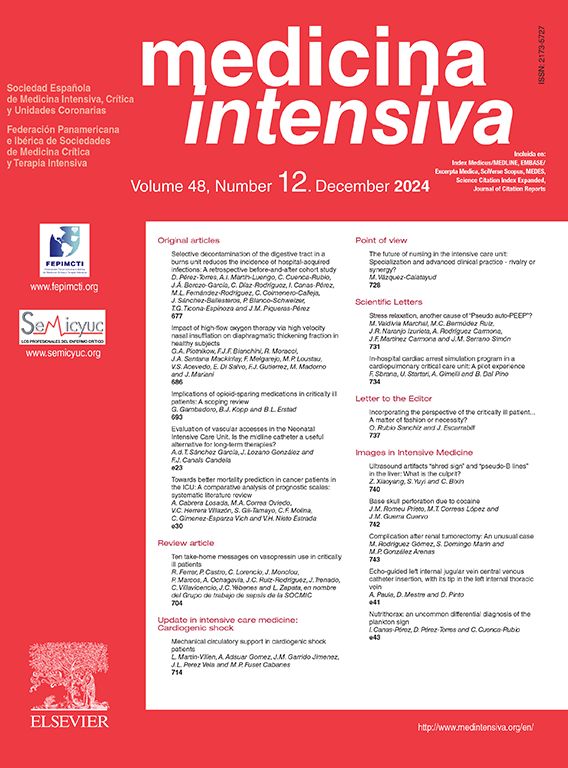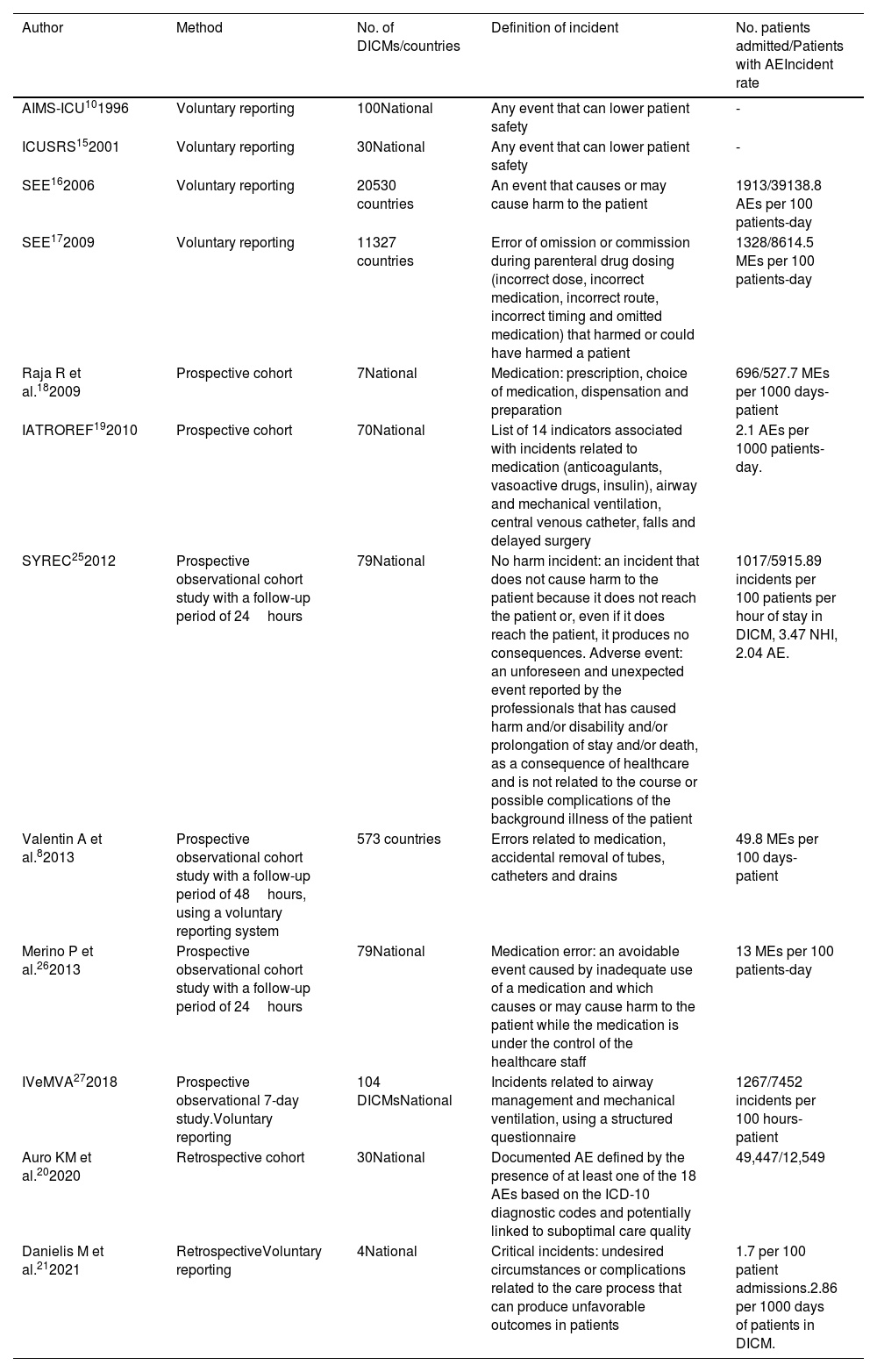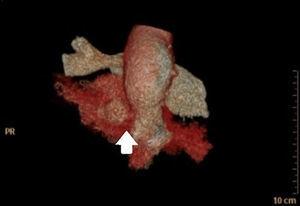The severity of the critically ill patient, the practice of diagnostic procedures and invasive treatments, the high number of drugs administered, a high volume of data generated during the care of the critically ill patient along with a technical work environment, the stress and workload of work of professionals, are circumstances that favor the appearance of errors, turning Intensive Medicine Services into risk areas for adverse events to occur. Knowing their epidemiology is the first step to improve the safety of the care we provide to our patients, because it allows us to identify risk areas, analyze them and develop strategies to prevent the adverse events, or if this is not possible, be able to manage them.
This article analyzes the main studies published to date on incidents related to safety in the field of critically ill patients.
La gravedad del paciente crítico, la práctica de procedimientos diagnósticos y tratamientos invasivos, el alto número de fármacos que se administran, un elevado volumen de datos generados durante la atención al paciente crítico junto con un ambiente de trabajo tecnificado, el estrés y la carga de trabajo de los profesionales, son circunstancias que favorecen la aparición de errores convirtiendo a los Servicios de Medicina Intensiva en áreas riesgo para que se produzcan eventos adversos. Conocer la epidemiología de estos, es el primer paso para mejorar la seguridad de la asistencia que prestamos a nuestros pacientes, porque permite identificar las áreas de riesgo, analizarlas y desarrollar estrategias para prevenir los eventos adversos, o si no es posible, ser capaces de gestionarlos.
En este artículo se analizan los principales estudios publicados hasta la fecha sobre incidentes relacionados con la de seguridad en el ámbito de paciente crítico.
Article
Go to the members area of the website of the SEMICYUC (www.semicyuc.org )and click the link to the magazine.






